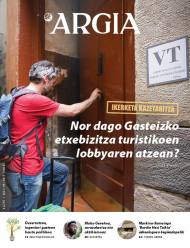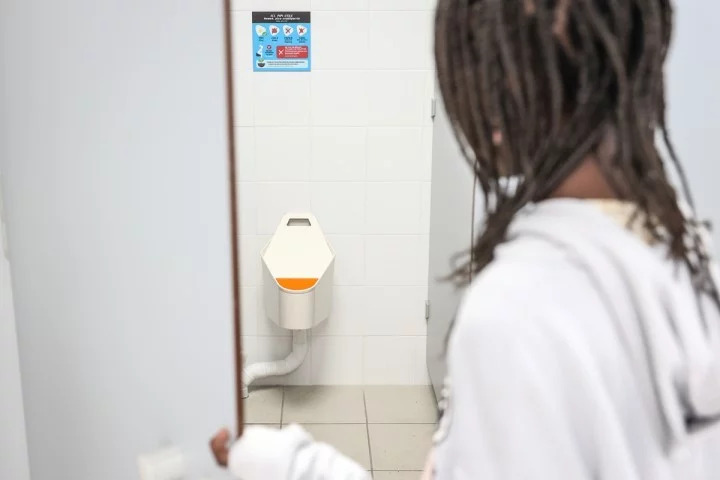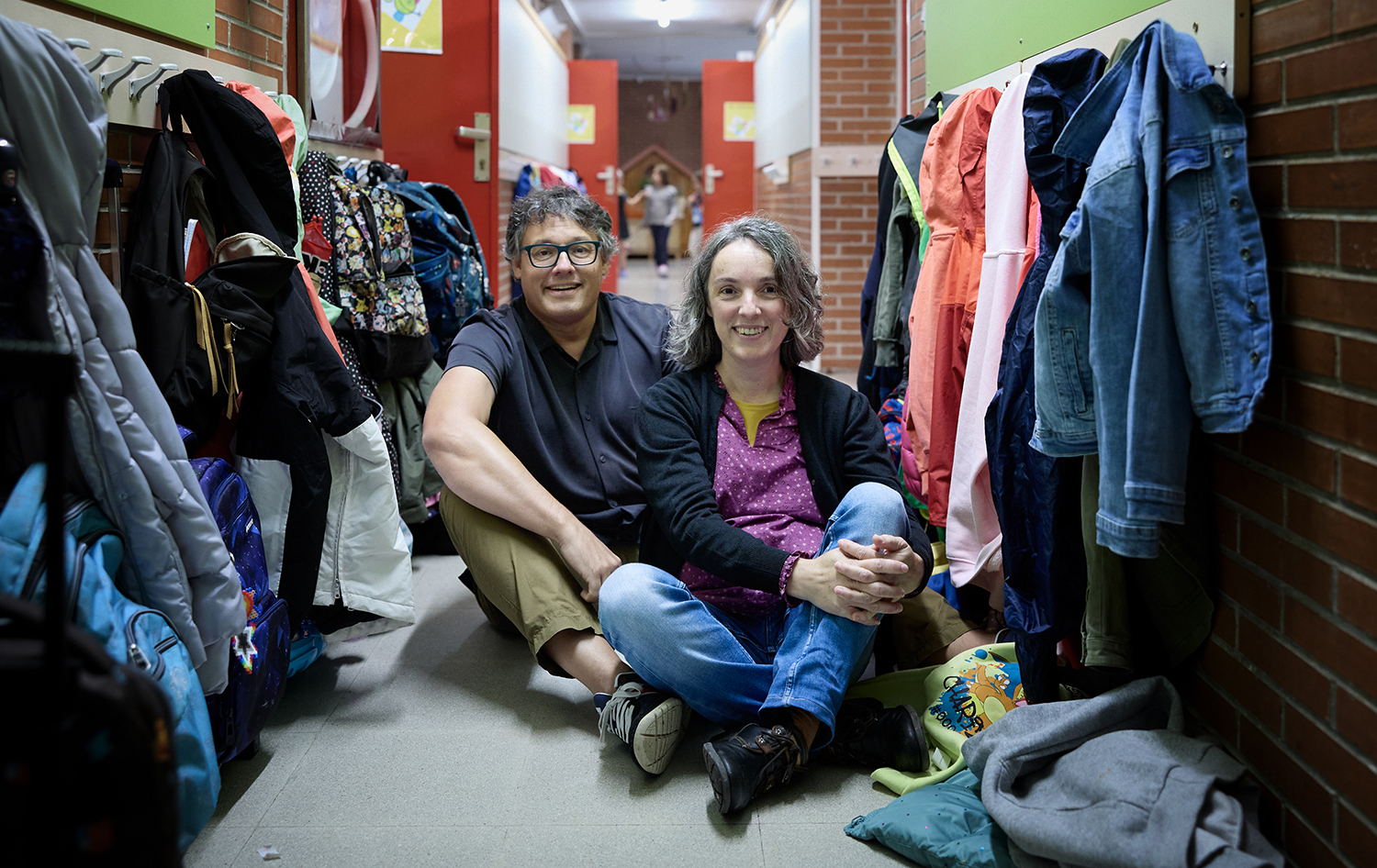Sisters Uriz Pi, educators and entrepreneurs
- in Badostáin (Navarra), 15 March 1883. Josefa Uriz Pi is born, known as Pepita. 10 years later, on January 24, 1893, Sister Elisa was born. Both studied education and, before Pepita and after Elisa, worked as teachers in Catalonia. The two were to travel together, from Catalonia to France and from France to the other side of the Iron Curtain.

The work of the Uriz Pi sisters in the field of education, etc., in recent years, is slowly receiving a well-deserved recognition: The writer and journalist Manuel Martorell has published in the School of Education of the Public University of Navarra the book Pioneras (Txalaparta, 2018), which gathers the trajectory of the sisters, with Salomó Marqués and Mari Carmen Agulló.
His work in education is particularly well known, as his innovative methods raised powders. In 1921 Pepita obtained the position of teacher of pedagogy at the School of Magisterium of Women of Lleida and the readings she proposed to her students (Margarita Nelken, Ramón Turró i Darder, Pedro Dorado…) provoked the immediate response of the National Association of Heads of Family: They asked Uriz Pi to leave school, “for promoting doctrines against the State Religion and Christian morality (…) and for attacking the students’ shame, explaining with raw words and drawings made on the board the details of syphilis, the reproductive function or the right of women to use their body properly”. The bishop of Lleida denounced Pepita, the university opened a disciplinary file and the scandal reached the state press. Consequently, intellectuals of the time such as Santiago Ramón y Cajal, Miguel Unamuno, Ramón Menéndez Pidal and Antonio Machado wrote a manifesto to protect Uriz Pi. In the end they managed to stop their process and resign education ministers.
They also worked a lot on feminism and children's rights. Elisa was a member of the secretariat of the International Democratic Federation of Women and a promoter of the annual International Day of Children.
In the political militancy, Pepita began, among other things, in collaboration with the CNT. Then, the two sisters militated in the PSUC and were exiled in 1939 for fighting the Francoists during the 1936 War. In France they collaborated with the teachers involved in concentration camps and resistance. When Gestapo detected his team, they managed to escape. At the end of the war, the French Government did not thank them for the work carried out against the Nazis and expelled them from the State in 1951. The last years were in East Berlin, where Pepita Uriz Pi died in 1958 and Elisa died in 1979.
In the current educational system, we must rethink the school paradigm. Discard the traditional approach based on penal measures and question the effectiveness and ethics of some practices used for a long time as an instrument to maintain the order and discipline of students:... [+]

























